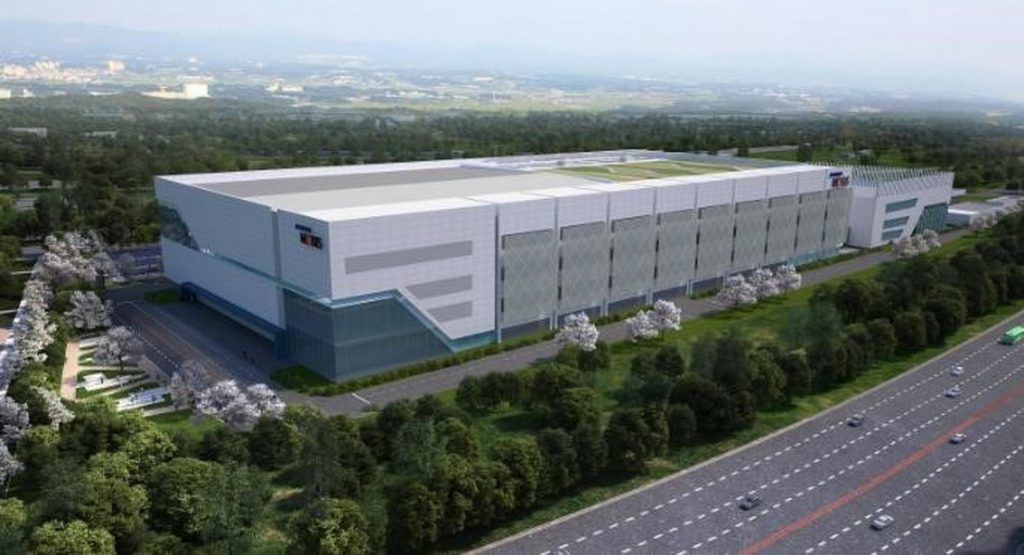Hyundai announced that it plans to open two new fuel cell plants in Korea to accelerate the growth of its hydrogen business.
The automaker said at the groundbreaking ceremony in Incheon, where the new facilities will be located, that it is investing KRW 1.3 trillion ($1.1 billion USD) into the plants that will begin producing fuel cells in the second half of 2023. When they become fully operational, Hyundai estimates that they will produce 100,000 hydrogen fuel cells per year.
The new plants will join Hyundai‘s existing facility in Chungju that has been producing fuel cell units since 2018. It, though, is only capable of producing 23,000 hydrogen cell systems per year.
Read Also: Hyundai And Kia Betting On Fuel Cells As The World Goes Electric
“Despite uncertainties including COVID-19, we have decided to make this large-scale investment to secure the market-leading competitiveness in the global fuel cell industry,” said Sung Hwan Cho, President and CEO of Hyundai Mobis. “We will continue to invest more in facilities and strengthen our R&D capability for the development of the hydrogen industry and expand the ecosystem.”
With the new plants, Hyundai hopes to expand its production lineups and diversify its hydrogen business. The company currently makes systems for hydrogen electric vehicles but intends to grow into new markets, such as construction machinery and logistics equipment.
Hyundai has already produced a hydrogen fuel cell pack for forklifts and it is currently developing power packs for a hydrogen-fueled excavator. Further down the road (or should we say the runway?) it plans to make larger fuel cell systems for small air mobility vehicles.






